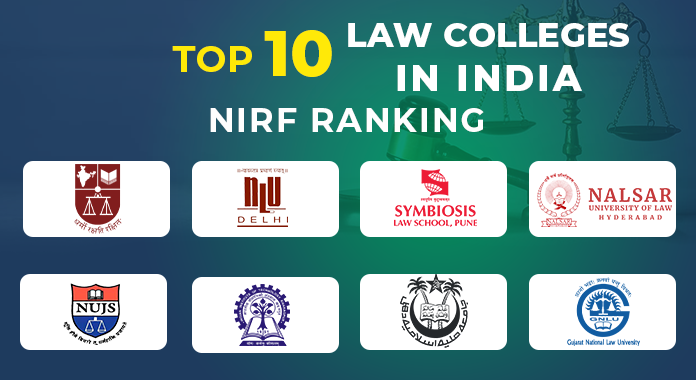In India, an MBA is often perceived as a golden ticket to a successful career. A good number of students and professionals undertake this degree to boost their career prospects, acquire specialized knowledge, and augment their earning potential. But is an MBA in the Indian context really worth it? Let’s take a look at some of the pros and cons that come with an MBA from India.
Rising Popularity of MBAs in India
In the last ten years, the MBA has become very popular in India. GMAC information places India among those countries producing the largest number of graduates having an MBA degree. Of course, the increase in the number of institutions offering this degree also goes up as evidence of its demand. According to the source from AICTE, there were more than 5,000 MBA programs all over India in 2024.
Advantages of an MBA in India
Career growth is one of the prime reasons why most people prefer to pursue an MBA. That works towards better job opportunities and further scope for career enhancement, job safety, and increased salary levels. For instance, using the same source from the Economic Times, a starting salary for a graduate from some of the country’s top institutes, such as the IIMs in India, is between ₹20 and ₹30 lakh per annum.
Another vital benefit may come from networking. Most MBA programs are presented as a vast network of contacts from leading industries, alumni, and even fellow students. This can be greatly beneficial for the development of a career, business development, or finding new job opportunities. In fact, many students of MBA courses find that contacts made during their studies come in very handy in later life.
In addition, candidates can establish specialized skills in areas such as management, finance, marketing, and operations by pursuing an MBA. This makes candidates much more competitive in the job market across various industries. The course content of most leading Indian MBA courses incorporates practical projects, internships, and case studies to gain real-world experience and enhance learning.
The Financial Investment
However, doing an MBA involves a lot of costs in India. The tuition fees for doing an MBA in the elite institutions may start from ₹10 lakhs to ₹25 lakhs for the whole course. To mention a few, IIMA charges around ₹23 lakhs for its two-year MBA program source. In addition, this does not include the costs related to books, accommodation, and other living expenses.
The cost of an MBA is too high to the level that it burdens many students. This investment should be put into perspective with the return that is likely to result from pursuing the degree. While the top-ranked institutes will generally yield high returns on investment, graduates from less well-known schools may not enjoy the same financial benefits. This makes it imperative to find out about the potential ROI for a particular course and institution that a student may be targeting.
Employment and Career Prospects
On similar lines, another point of major consideration is the availability of jobs for MBA graduates. An MBA can enhance job opportunities, but it surely does not guarantee a job. The job market is really tough, and many times a candidate arguing with an MBA degree does not make a very smooth transition to a higher-paying job from the get-go. As per the National Employability Report 2023 by MARG, only 27% of MBA graduates were regarded as employable, marking the struggle that many face in finding appropriate employment opportunities.
Another aspect to this is that the dynamics of the job market are changing, i.e., under the impact of new-age automation, artificial intelligence, and other technological boons, the demand toward skills may be or may keep changing. MBA professionals shall keep updating themselves on industry trends and keep on upgrading skills on a continual basis.
The Opportunity Cost
Another factor to consider is the opportunity cost of earning an MBA. The two years students are enrolled in an MBA program could be used to earn work experience, climb the ladder of a current job, or to pursue an entrepreneurial venture. For many students, the decision to get an MBA means giving up wage and professional experience that needs to be weighed in the overall value of the degree.
Conclusion
So, is an MBA worth it in India? Individual circumstances and individual career goals largely differ. The major positive factors include career growth, specialized skills, and networking opportunities that an MBA can accord. However, it also involves a high level of financial investment, employment challenges, and an opportunity cost.
If considering an MBA in India, the program/institute needs to be weighed thoughtfully, as well as the career objective and financial consequence of the decision. The first-line institutes-like most IIMs-have a very strong ROI, along with strong career prospects; this may not be the case for less renowned programs. Weigh the pros and cons based on your personal situation to make a valid decision that corresponds to your career goals and financial capacity.
In summary, an MBA could be rewarding; it’s just important to have a correct understanding of its costs and benefits. Make sure the course fits your career aspirations and that you get a good return from this investment. In fact, with a correct approach, the degree can definitely pay off in India for a leading and satisfying future in the company.



